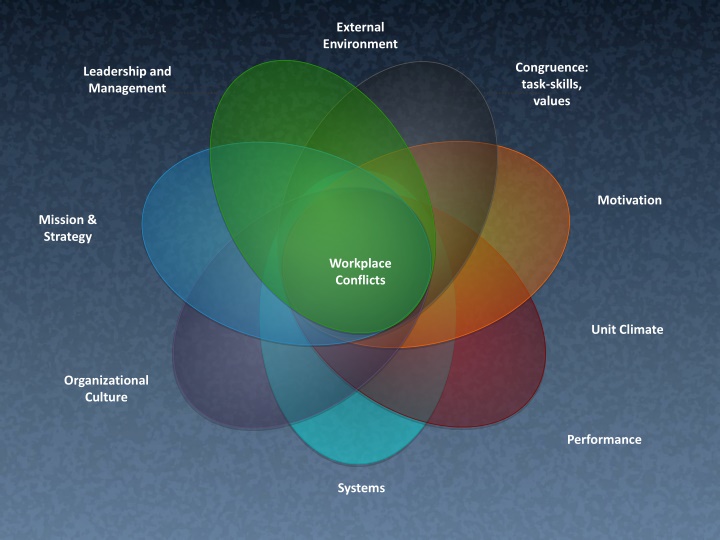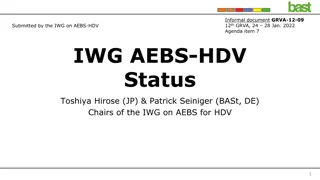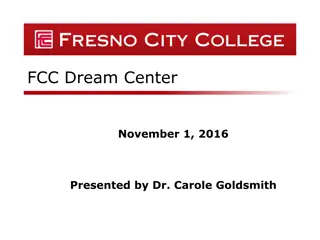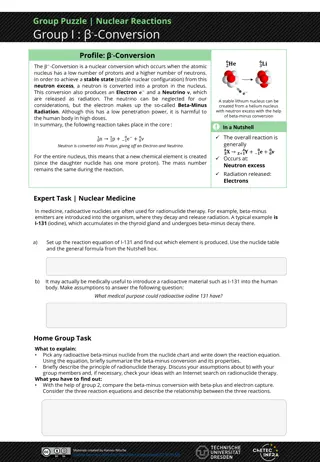
Unlocking Organizational Potential through Systemic Strategies
Explore the systemic benefits of ombuds office in organizations, understand the characteristics of organizational culture, stakeholders' engagement, and ways to provide upward feedback effectively. Enhance your skills through training, speaking, and facilitation for a systemic impact.
Download Presentation

Please find below an Image/Link to download the presentation.
The content on the website is provided AS IS for your information and personal use only. It may not be sold, licensed, or shared on other websites without obtaining consent from the author. If you encounter any issues during the download, it is possible that the publisher has removed the file from their server.
You are allowed to download the files provided on this website for personal or commercial use, subject to the condition that they are used lawfully. All files are the property of their respective owners.
The content on the website is provided AS IS for your information and personal use only. It may not be sold, licensed, or shared on other websites without obtaining consent from the author.
E N D
Presentation Transcript
External Environment Congruence: task-skills, values Leadership and Management Motivation Mission & Strategy Workplace Conflicts Unit Climate Organizational Culture Performance Systems
Systemic Benefits of OO* Helps identify undetected and/or unreported criminal or unethical behavior, policy violations, or ineffective leadership Provides an early warning diagnosis system that identifies and alerts institutions about new negative trends. Provides upward feedback to management about organizational trends Provides the organization with an independent and impartial voice, which fosters consistency between organizational values and actions Serves as a central information and referral resource for policies, processes and resources within the organization Provides training in Conflict Management * Ombuds Benefits to Organizations http://www.ombudsassociation.org/resources/ombuds-benefits- organizations
Systemic level: Ask yourself What are the characteristics of the organization (culture, etc)? What stakeholders in your organization you may work with? What do they currently look to you for? In what ways would you like to work with them? How can you begin to build rapport? How to fit with formal systems?
Upward feedback Need to Balance with Standards of Practice (i.e. confidentiality) Periodic Meetings with leadership Periodic Reports Participation (as observer) in high level meetings Proposing Initiatives (task forces, etc)
Training, Speaking and Facilitation Why? - Skill Building/ Systemic Impact - Add Value - Build Trust Training: Conflict Management Skills, Mediation Skills, Facilitation skills, etc Speaking: general meetings, management meetings (i.e. procedural justice presentation) Facilitation: Task Forces (i.e. alcohol use task force)















